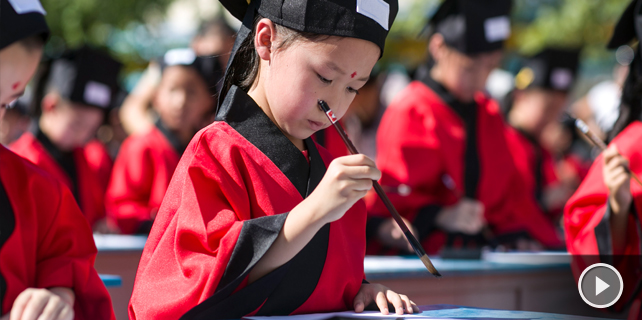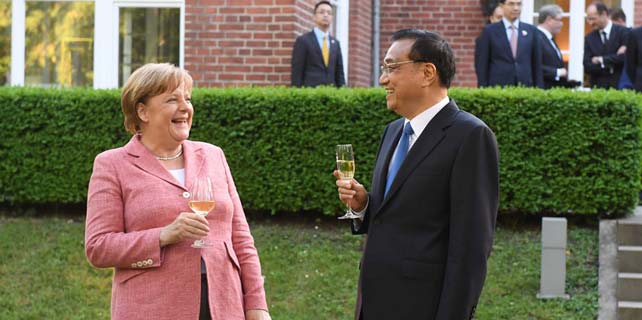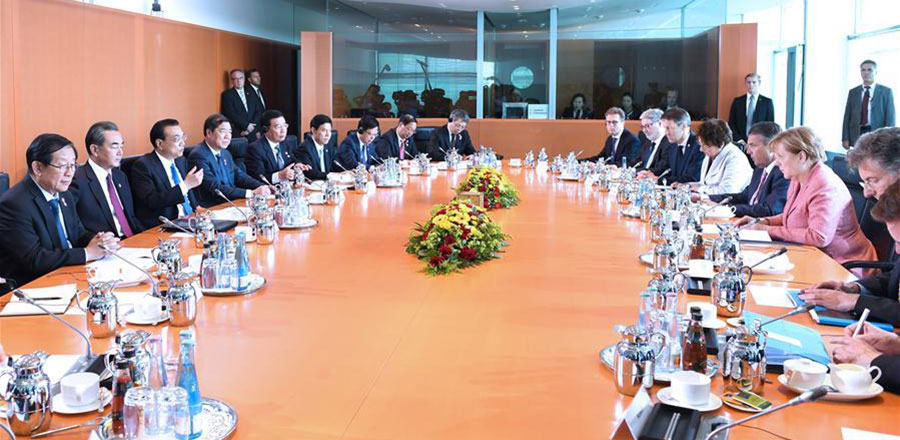Dialogue and accommodation will ensure peace and stability
In recent years, the annual Shangri-La Dialogue in Singapore has become a venue for some Western countries to point accusing fingers at China over sensitive regional issues, such as the South China Sea.
This year, thanks to the United States and a few of its regional allies, such groundless accusations continued to be heard at the three-day event, which concluded on Saturday. The repeated indictments against China run counter to the forum's original intention of seeking common ground for regional security issues and promoting security cooperation.
Defense ministers from the US, Japan, France and Australia talked at length about the rules-based world order at the dialogue, with US Secretary of Defense James Mattis taking the lead in accusing China of disregarding the rules in the South China Sea.
Mattis talked as if the US was a role model for observing international rules. But concerns that the US seeks to always get its own way are not unfounded, for while the US often presents itself as a role model for maintaining the world order and observing international rules, it is not shy about setting precedents for putting its own interests above international norms.
US President Donald Trump's decision to pull the US out of the Paris climate change pact offers the latest example of how the US disregards international agreements to suit its selfish and shortsighted needs.
And rather than being a disruptive force as claimed, there is a growing consensus that China is playing an increasingly important role in upholding peace and stability, as can be seen from the positive outcomes from Premier Li Keqiang's trip to Europe.
China's response to the accusations was expressed by Lieutenant General He Lei, vice-president of the People's Liberation Army Academy of Military Science, who, speaking on the sidelines of the forum, said China is both a defender and observer of international and regional rules.
For example, in the South China Sea disputes, where Mattis and others accused China of throwing its weight around, Beijing has always championed dialogues and consultations as the only feasible way to resolve the differences with the parties concerned.
And about two weeks ago, China and the 10-member Association of Southeast Asian Nations successfully drafted a framework for the Code of Conduct in the South China Sea, paving the way for fully implementing the 2002 Declaration on the Conduct of Parties in the South China Sea.
The challenges of the times, not least the global threat of terrorism, mean that a zero-sum mentality is outdated and countries should instead work together to expand their cooperation.






















